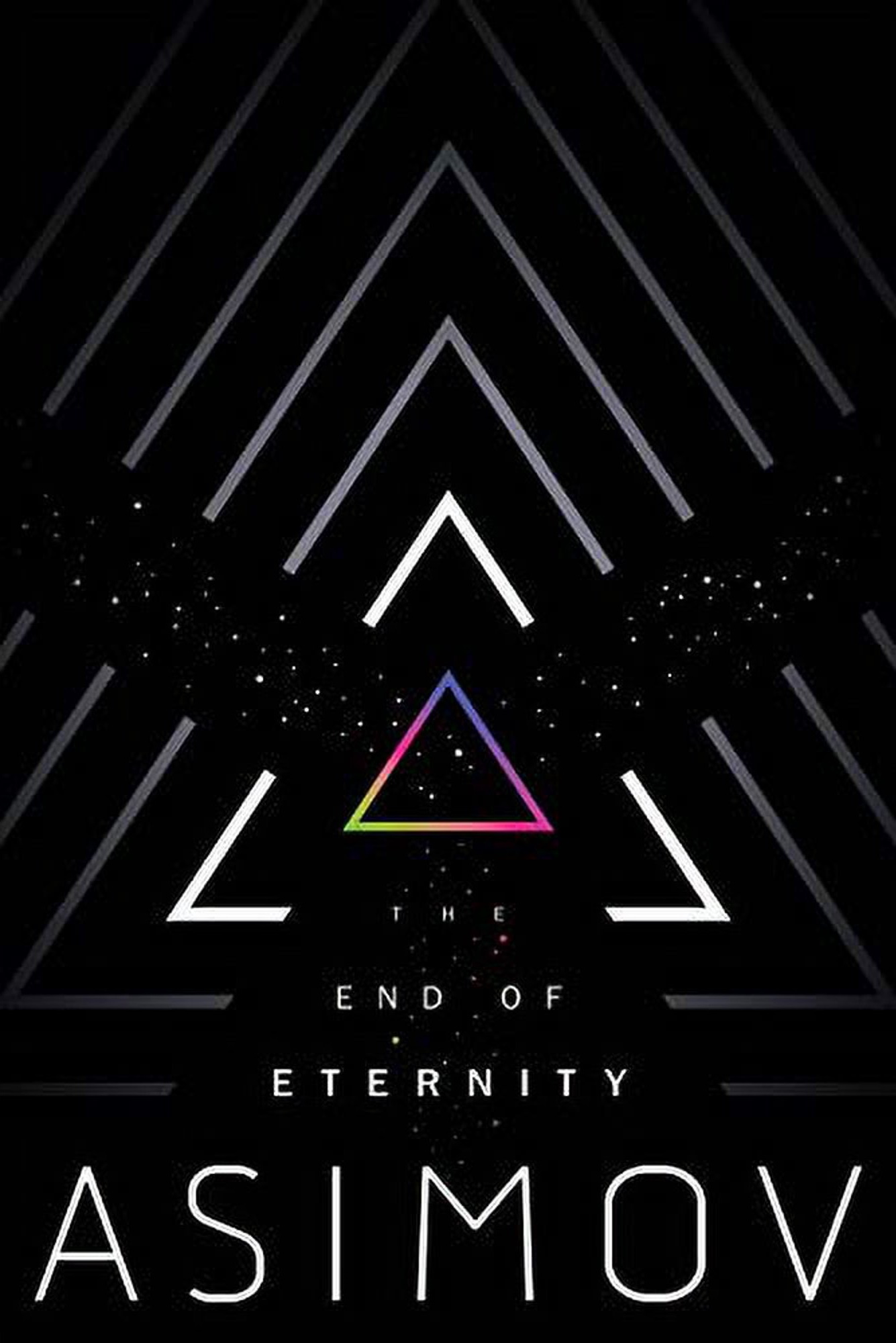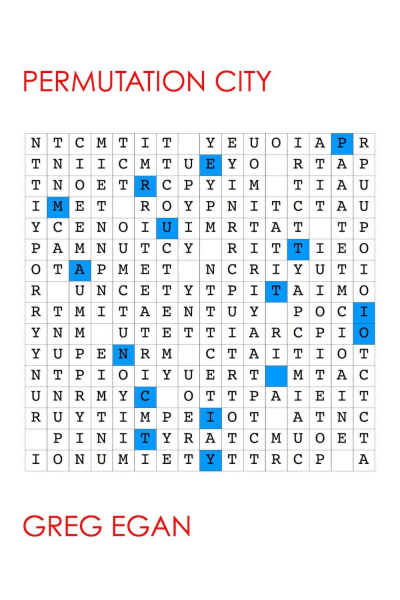Project Hail Mary
Project Hail Mary (2021) – Andy Weir

After being mostly disappointed by Artemis and The Martian I was quite wary of this one. Perhaps my expectations were more reasonable this time around, but I think it was also a better book. Considering how those other books were trying their hardest to stay within a reasonable level of scientific accuracy and plausibility I was completely surprised that there turned out to be an alien in this one. An intelligent sentient species no less. He also just kind of showed up out of nowhere and I was in disbelief that that was the direction the story was going for a bit.
I often found the book to be a bit too light hearted at times. Like it was intentionally written so that it could some day be a PG movie for all ages. There is nothing wrong with this, but it felt off at times as the emotions and tone did not match the current circumstance. I also found it a bit eye rolling at times that the level of competency this supposed average teacher showed in nearly any subject that was brought up. Rocky was clearly the best character in my opinion. If he wasn’t there to offset the lone savior trope like in The Martian and Artemis I don’t think I would have enjoyed this book.
The science bits were a bit too sciencey and not enough fictiony for my tastes, but I don’t think it is Weir’s style to try and make up his own fictional science. Almost all of the science was just real science and math. I think the only thing that was pretty much entirely made up was the idea that something like Astrophage the its neutrino harvesting amoeba could exist. I did like the mostly simple mathematics and science details given for everything Ryland and Rocky were doing.
I’m on the fence about whether I’d read another one Andy Weir’s books as the writing style feels a bit bland to me, but I’m sure I’ll watch the inevitable movie adaptation. I’m really curious to see how they manage to portray Rocky and his and Ryland’s attempt at communication. Jazz Hands ♫ ♪ ♪ ♬






